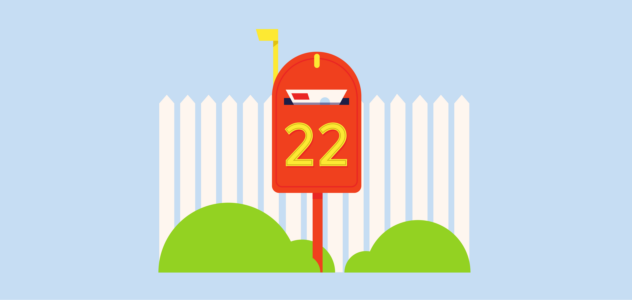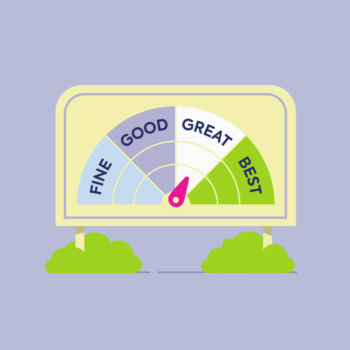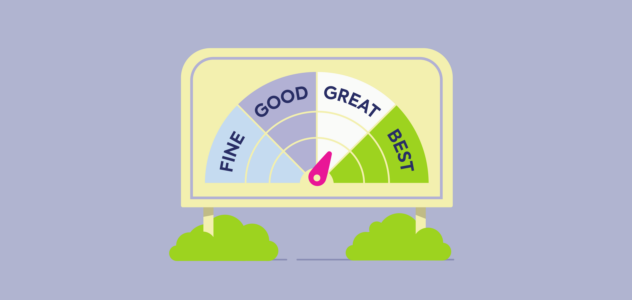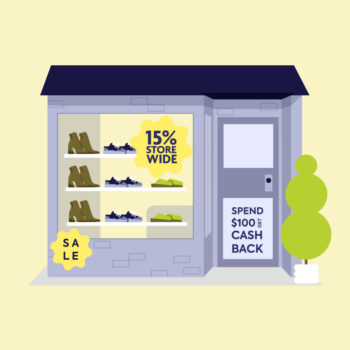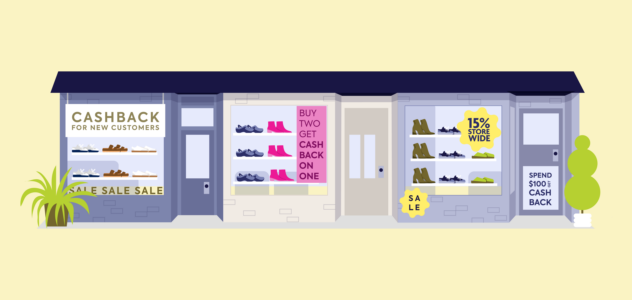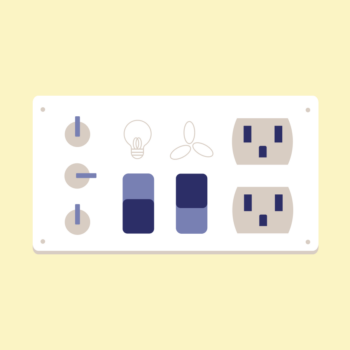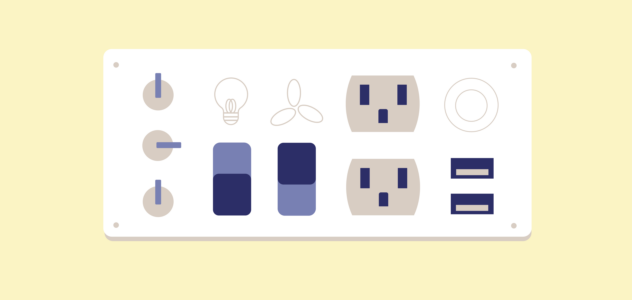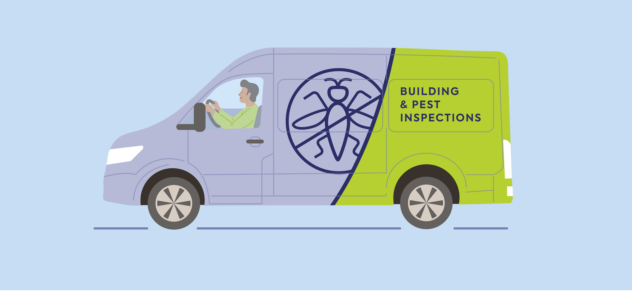Every home loan looks a little different.
But did you know the way a lender approaches your application will depend on what you plan to do with the property?
We’re talking about an investment loan vs home loan.
As the names suggest, a home loan (or owner-occupied loan) is the loan you get for a property you live in. An investment loan is the loan you get for a property you are planning on renting to tenants or flipping (aka doing up and selling).
So what’s involved in each loan type?
How are they different?
And what should you know before you apply?
What’s involved in a home loan?
When you’re applying for a home loan, lenders will first ask for a few different docs to prove things like…
- Your identity
- Your income
- Your financial situation.
Then you can apply for pre-approval, discuss your home loan options, search for your dream home, and eventually, make an offer. The process to get a home loan doesn’t have to be complicated (especially if you have the help of a broker, or home loan expert as we like to call them).
What’s involved in an investment loan?
The process is similar when you’re applying for an investment loan. Only, there are a few other things the lender will consider on top of the usual paperwork.
Before presenting your loan options, the lender will take into account things like the potential rental income and your ability to cover any remaining shortfall in investment property expenses.
What’s the difference between a home loan and an investment loan?
It’s simple: one you live in, one you don’t.
But it goes a little further than that…
Lenders tend to view an investment loan as slightly “risker.” So with that may come higher rates and potentially a lower maximum Loan to Value Ratio — AKA the ratio of your loan to the value of the property purchased.
In saying that, you shouldn’t let that put you off getting an investment property if that is your goal. So let’s compare the two…
| Home loan (owner-occupied) | Investment loan | |
| Interest rates | Usually lower interest rates than investment loans | Usually higher interest rates than home loans |
| Loan to Value Ratio | The maximum loan to value ratio is usually higher than for an investment loan. You might pay a lower deposit than what you would for an investment loan. | Maximum loan to value ratio may be lower, which also means you might need to come up with more of a deposit than what you would for a home loan. |
| Taxes | You generally can’t claim tax deductions for expenses related to a home loan for a property you live in. | As it’s an investment, you may be able to claim tax deductions on interest charges and fees. |
| Fees | Usually no difference in fees | Usually no difference in fees |
| Stamp duty | Usually applies equally to both home loan and investment loans. | Usually applies equally to both home loan and investment loans. However, if you’re an investor, you may not be able to apply for any first home buyer grants or stamp duty concessions. |
FAQs
What if I want to move into my investment property?
At the end of the day, it’s YOUR property. So you can move into it when you want.
But you’re required to tell your lender if you’re moving from an investment loan to a home loan situation. They may need to make some updates to your loan, but generally, it’s a pretty quick process and does not require a full refinance.
There could also be some tax implications so it is a good idea to also seek advice from an accountant or financial advisor.
The good news? There are often lower rates when you shift from an investment loan to a home loan.
What if I want to rent out my property?
Same deal as above (only flipped). It’s YOUR property so you can rent it out if you want to.
But once again, you’ll need to tell your lender and there’s a good chance you’ll move to a higher rate. But there may also be tax deduction benefits which can make it worth your while but again it is a good idea to seek advice from an accountant or financial advisor on any tax implications
Do I have to tell my lender if I’m renting out my owner-occupied home?
Yep. If your situation changes and you choose to rent out your home, you’ll want to keep your lender in the loop to avoid any nasty conversations (not telling them may even impact your ability to get a loan in the future, yikes).
Does an investment loan come with the option of either fixed or variable rates?
Yep. Just like a home loan, you can get an investment loan with either a fixed or variable rate.
There are pros and cons to both. For example, a fixed rate gives you more certainty, while a variable rate might give you more flexibility. Learn more about fixed rates vs variable rates.
Can I get an interest only investment loan?
Sure can. An interest only loan is when you only pay back interest for a set period of time.
While there are some downsides (you’re not actually paying down your principal balance), there are some advantages to interest only investment loans. Some savvy investors choose interest only loans for tax reasons, as you may be entitled to claim a tax deduction for some or all of the interest paid which allows you to maximise your cash flow for other non-tax deductible debt you have.
Best to seek tax advice on this from a professional.
What’s harder to get, an investment loan or a home loan?
Investment loans are *usually* higher risk than home loans. Which means you may need to meet extra lending criteria and prove you’re in a rock-solid financial position. As a result, an investment loan may be trickier to get (or at least have a few more hoops to jump through). A great home loan expert will guide you through those hoops.
Can you get cashback offers on investment loans?
Sure can. If you’re new to it, cashback on a home loan is exactly how it sounds — it’s when you get *cash back* in your account. See, lenders often give a financial incentive to new customers, enticing you to switch your home loan over to them. Cashback offers are usually reserved for refinancing, but occasionally they’ll offer them to purchasers too.
Check out our cashback offers tracker to learn more.
Are first home buyer stamp duty concessions available if you’re an investor?
As a first home owner, you may be eligible to apply for a stamp duty exemption or concession – woo!
But if your first property is an investment loan, you may not be eligible for the stamp duty concessions. Another factor to weigh up (a home loan expert can help).
In a nutshell, your property goals will dictate which type of loan is right for you
Every situation is different, but the rules are quite simple:
If you’re planning to rent or flip your property, an investment loan is for you.
If you’re planning to live in your property, a home loan is for you.
So clearly it’s important to start by weighing up your situation, lifestyle and goals.
A home loan expert (that’s us) can then find a loan that meets your needs, run through the numbers on different scenarios and present your options.










